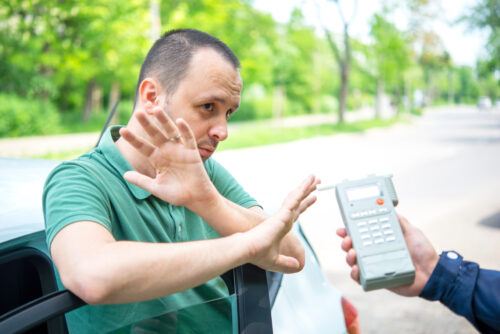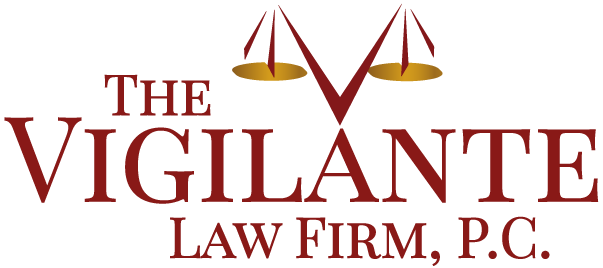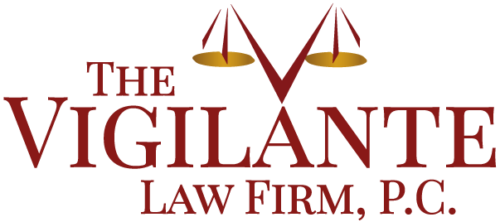
Your driving behavior may not exhibit any signs that you are potentially under the influence of drugs or alcohol. However, you still may be required to stop at a sobriety checkpoint. Follow along to find out whether sobriety checkpoints are legal and how a proficient Gloucester County DWI lawyer at The Vigilante Law Firm, P.C. can come to your defense if you believe that yours was illegally conducted.
By definition, what is a sobriety checkpoint?
Simply put, a sobriety checkpoint is a designated location in which local and state law enforcement officers are allowed to screen drivers for any indications of driving while intoxicated.
Common locations in which these checkpoints reside include highways and other major roads with heavy traffic; urban areas that are densely populated; entertainment districts with popular nightlife and event venues; downtowns with many bars and restaurants; and border crossings to New York or Pennsylvania. Further, such initiatives are usually taken on holiday weekends in which celebrations are commonly centered around partying and drinking (i.e., New Year’s Eve, Memorial Day Weekend, Labor Day Weekend, etc).
Are sobriety checkpoints legal in the state of New Jersey?
Generally speaking, yes, sobriety checkpoints are considered constitutional in the state of New Jersey. However, this is so long as such a checkpoint meets the certain requirements enforced by state law. Examples of such requirements are as follows:
- The checkpoint must be authorized by a high-ranking law enforcement official (i.e., police department supervisor or the county prosecutor).
- The checkpoint officers must follow standardized procedures (i.e., standard questions, field sobriety tests, breathalyzer tests, etc).
- The checkpoint officers must not target travelers of protected classes (i.e., race, ethnicity, gender, etc).
- The checkpoint location must be chosen based on neutral criteria (i.e., accident rates statistics, DUI arrest statistics, etc).
- The checkpoint must have been given an advanced, public notice (i.e., signs indicating its location and the purpose of the stop).
- The checkpoint must not cause an undue delay (i.e., long enough to determine whether there is reasonable suspicion of intoxication).
- The checkpoint must have established safety measures to protect travelers (i.e., sufficient lighting, clearly marked police vehicles, traffic management devices, etc).
Therefore, if you believe that the sobriety checkpoint you were stopped at did not meet the aforementioned requirements, then you may have a solid defense against your DWI accusation. You must thoroughly look into this, as it may save you from having to serve jail time, pay fines, forfeit your driver’s license, and overall from having to suffer any of the penalties associated with a DWI charge.
This is all to say that, before you make any further moves, you must consult one of the talented New Jersey criminal defense lawyers. So please reach out to The Vigilante Law Firm, P.C. today.


